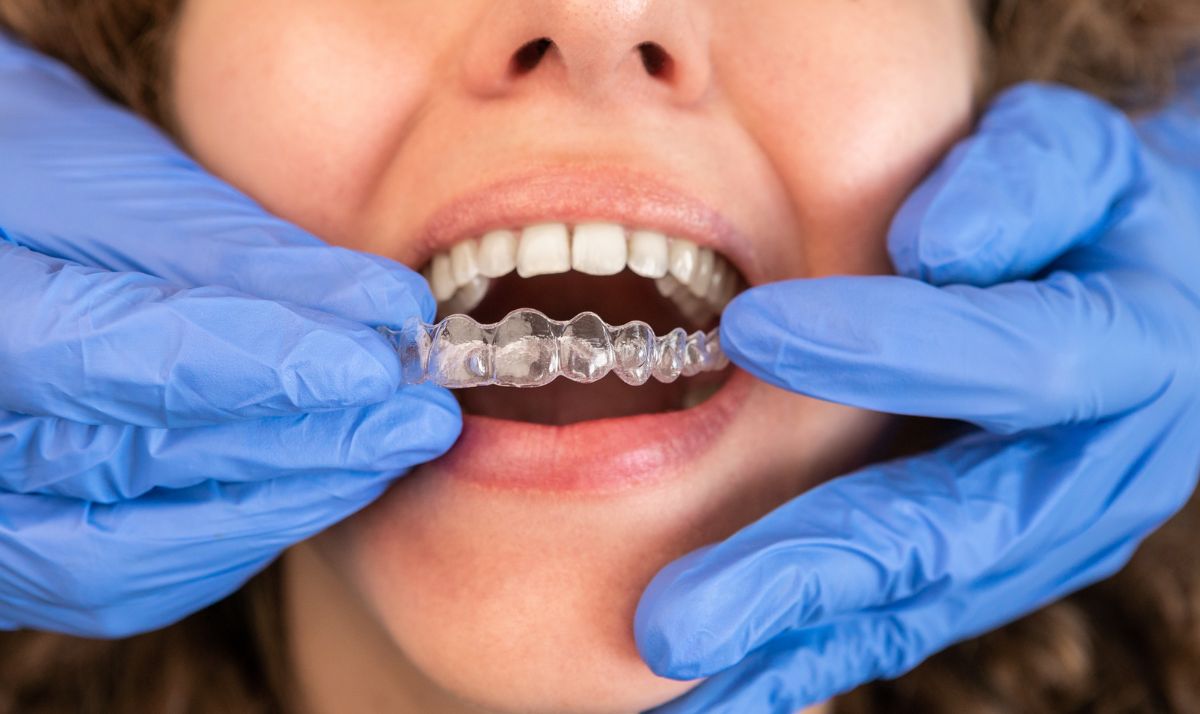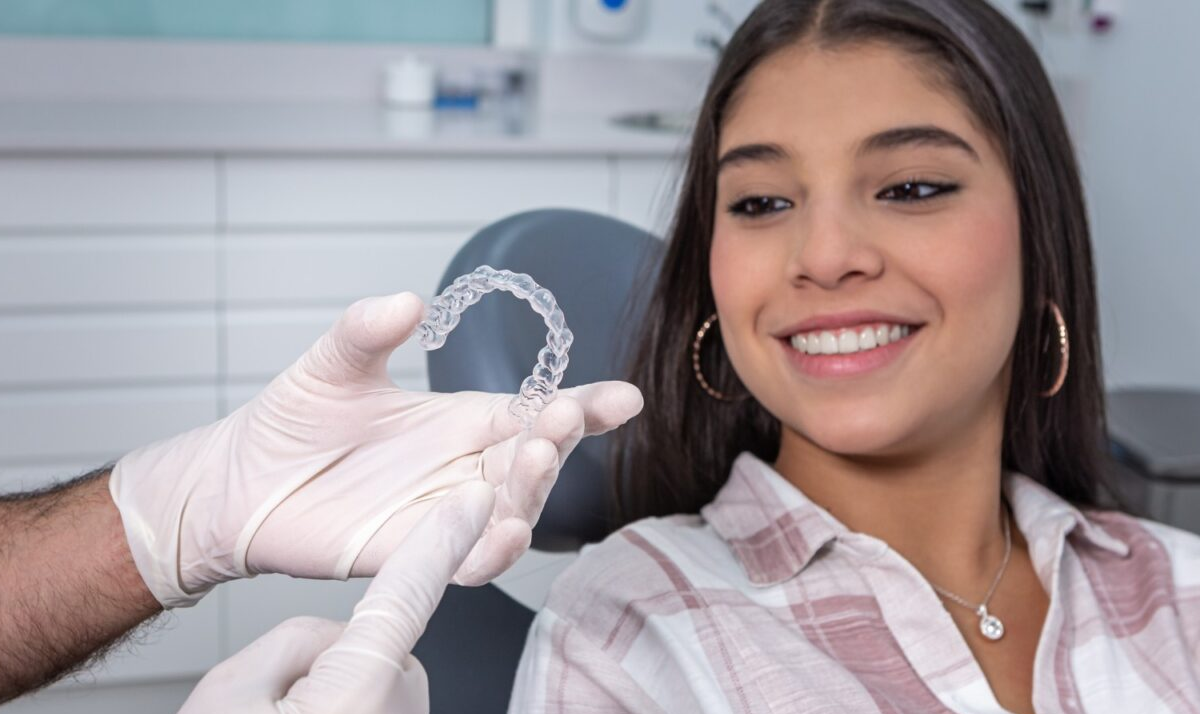117 Batesville Rd Suite 202, Simpsonville, SC 29681

Braces are no longer your only choice. Meet Invisalign, your smile’s new BFF. Everyone everywhere asks one thing: Does Invisalign correct bite issues, not only crooked teeth?
Invisalign significantly corrects teeth, sure—but what about more severe bite issues like overbites and underbites? Many people believe Invisalign is only suitable for minor cases. Not entirely—the surprises continue!
Even your Invisalign dentist may surprise you at what aligners can accomplish. Teeth shifting silently ruin your bite. However, Invisalign could correct that with zero wires.
Are you still thinking Invisalign only fixes gaps? Think again. Bites are its secret superpower.
What Are Bite Problems?
Malocclusion is when your jaw and teeth don’t fit together like they’re supposed to. It’s more prevalent than you might imagine. These malalignments can have long-term effects on chewing, speech, facial appearance, and dental health.
The most prevalent bite issues are:
Overbite: Top front teeth overlap the bottom front teeth too much.
Underbite: Bottom front teeth stick out beyond the top ones.
Crossbite: Upper teeth bite inside the lower teeth, usually unevenly.
Open bite: Front teeth fail to meet when the mouth is closed—speech and chewing become difficult.
Crowding and spacing: Not classical “bite” issues, but can aggravate malocclusion over time.
Every type differs in severity. If you leave them untreated, they can cause jaw pain, tooth wear, or gum issues. An Invisalign dentist can tell you what kind of bite you have and if aligners are an option.
Can Invisalign Correct Overbites?
Overbite is when the top teeth protrude far beyond the bottom teeth. Mild overbites occur frequently, yet severe overbites may cause strain on the jaw or tooth damage. Invisalign easily treats mild to moderate overbites.
Aligners use controlled force to move teeth and, if necessary, the jaw. With innovations, Invisalign can now treat more complex cases than ever. However, critical overbites—particularly skeletal ones—can still need braces or orthognathic surgery.
For children and teenagers, timing is everything. Invisalign aligners subtly and gently direct jaw development. A professional Invisalign dentist will assess whether early treatment can avoid complications down the road.
Don’t delay. Overbites tend to worsen over time and become more challenging to correct later in life.
What About Other Bite Issues?
Underbites are more challenging. Invisalign corrects mild to moderate underbites by moving the lower teeth back. Severe skeletal underbites might require braces or jaw surgery, particularly in adults.
Crossbites are overlooked and prevalent. Invisalign can correct them by gently pushing individual teeth outward. Treatment works best if begun early. However, adults can still achieve great results.
Open bites are complicated. Invisalign can close them by tilting front teeth vertically and utilizing attachments. Open bite success, however, is contingent on the cause: thumb-sucking, tongue thrusting, or jaw positioning.
Invisalign now features precision wings to guide the jaws and makes it more predictable for correcting bites. Nevertheless, your Invisalign dentist will have to determine if your type of bite is within the aligner system’s parameters.
Every case is unique. You must have confidence in the plan tailored to your individual needs and objectives.
Invisalign is for straightening teeth, correcting overbites, underbites, and similar issues. Moreover, it is also capable of addressing these concerns. Aligners have made significant strides in treating complex bite problems in a discreet and comfortable manner.
Whether you’re facing crowding, an open bite, or a crooked jaw, Invisalign can be an option. Only a qualified Invisalign dentist can tell you the solution to your bite issues.
Book a consultation with us to discover if Invisalign is the best way to achieve a healthier, more balanced smile.






